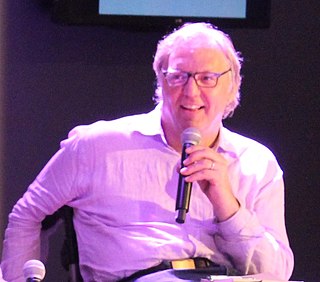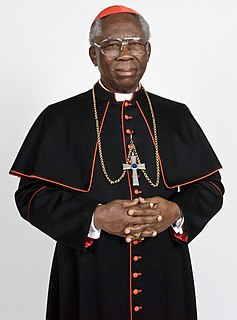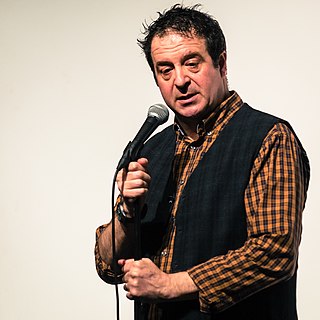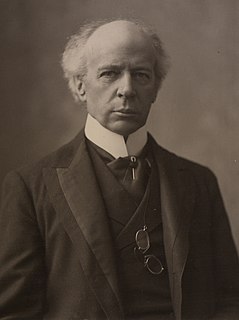A Quote by Tony Campolo
Beyond these models of reconciliation, a theology of mysticism provides some hope for common ground between Christianity and Islam. Both religions have within their histories examples of ecstatic union with God, which seem at odds with their own spiritual traditions but have much in common with each other.
Related Quotes
I hope and believe my co-religionists understand and admit that I disclaim their theology in toto, and that by no twisting of language or darkening of its meanings can I be made to have any thing whatever in common with them about religious matters... they must take my word for it that there is nothing in common between their theology and my philosophy.
The ironic factor that is between the Houthis and al-Qaida, that is, they both have strong anti-American sentiment. For example, the slogan of the Houthis is death to America and death to Israel and God curse the Jews and victory to Islam. And besides that, there is very little in common between al-Qaida and the Houthis as far as ideology goes, but they see themselves as having a common enemy, which is America. And America is in a situation, where the Houthis are fighting al-Qaida quite viciously on the ground, yet now the Americans are allied with Saudi Arabia in strikes against the Houthis.
I think there is a lot of continuity between the Jewish and the Islamic traditions. We know this historically, though people don't want to talk about that - especially Muslims. There is a common source for both Judaism and Islam, or let's say that Islam finds its source in Judaism. The commonalities of practice and sensibility, ethos and mythos, create a lot of overlap.
I think that what started out as a European Union originally was probably a really wonderful and world-changing idea, the idea of a kind of cooperation and interdependence between countries. But the idea that individualization would work on common ground, not on conflict, not against each other, but to find how each benefitted from the other I thought was an incredibly hopeful and positive possibility.
Friendship is one of the greatest gifts a human being can receive. It is a bond beyond common goals, common interests, or common histories. It is a bond stronger than sexual union can create, deeper than a shared fate can solidify, and even more intimate than the bonds of marriage or community. Friendship is being with the other in joy and sorrow, even when we cannot increase the joy or decrease the sorrow. It is a unity of souls that gives nobility and sincerity to love. Friendship makes all of life shine brightly.
We are here a nation, composed of the most heterogeneous elements-Protestants and Catholics, English, French, German, Irish, Scotch, every one, let it be remembered, with his traditions, with his prejudices. In each of these conflicting antagonistic elements, however, there is a common spot of patriotism, and the only true policy is that which reaches that common patriotism and makes it vibrate in all toward common ends and common aspirations.
The Union has become not merely a physical union of states, but rather a spiritual union in common ideals of our people. Within it is room for every variety of opinion, every possible experiment in social progress. Out of such variety comes growth, but only if we preserve and maintain our spiritual solidarity.
We have a common enemy. We have this in common: We have a common oppressor, a common exploiter, and a common discriminator. But once we all realize that we have this common enemy, then we unite on the basis of what we have in common. And what we have foremost in common is that enemy - the white man. He's an enemy to all of us. I know some of you all think that some of them aren't enemies. Time will tell.





































